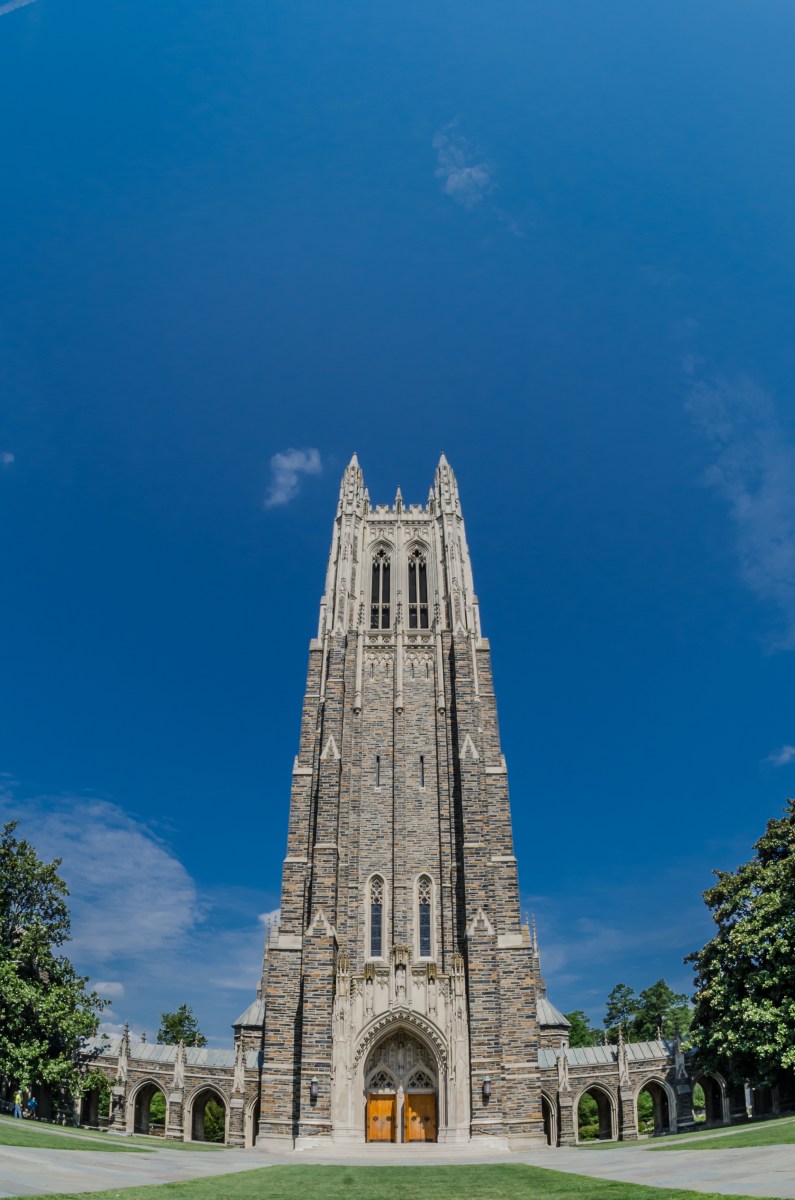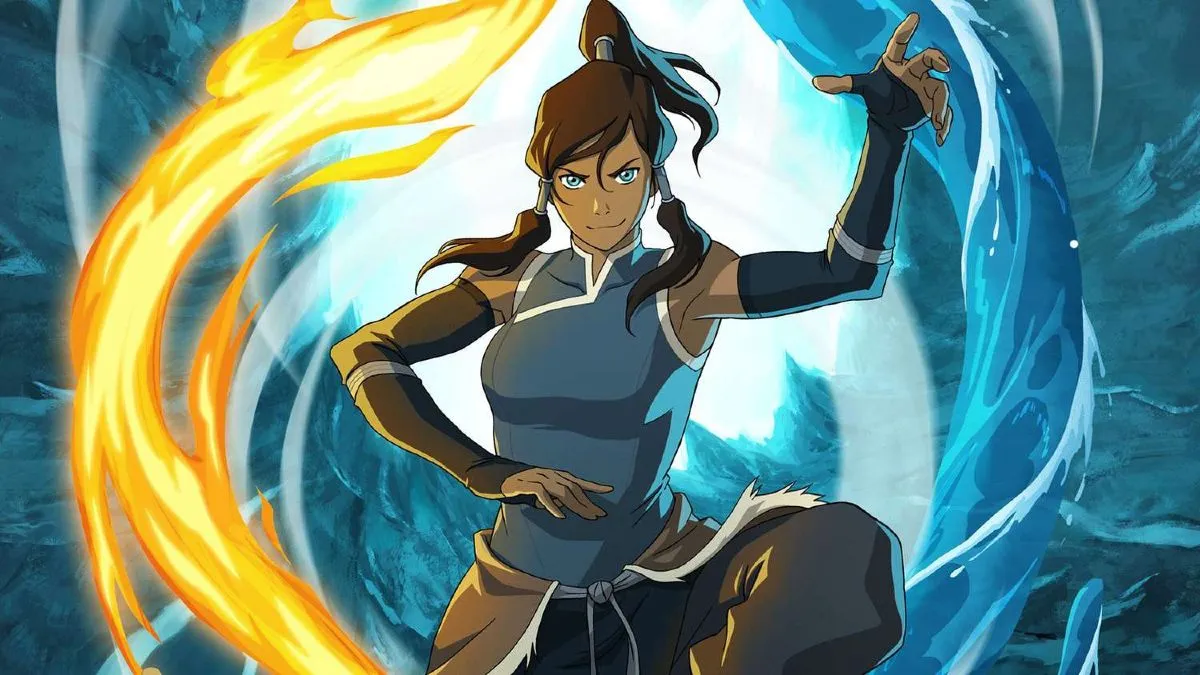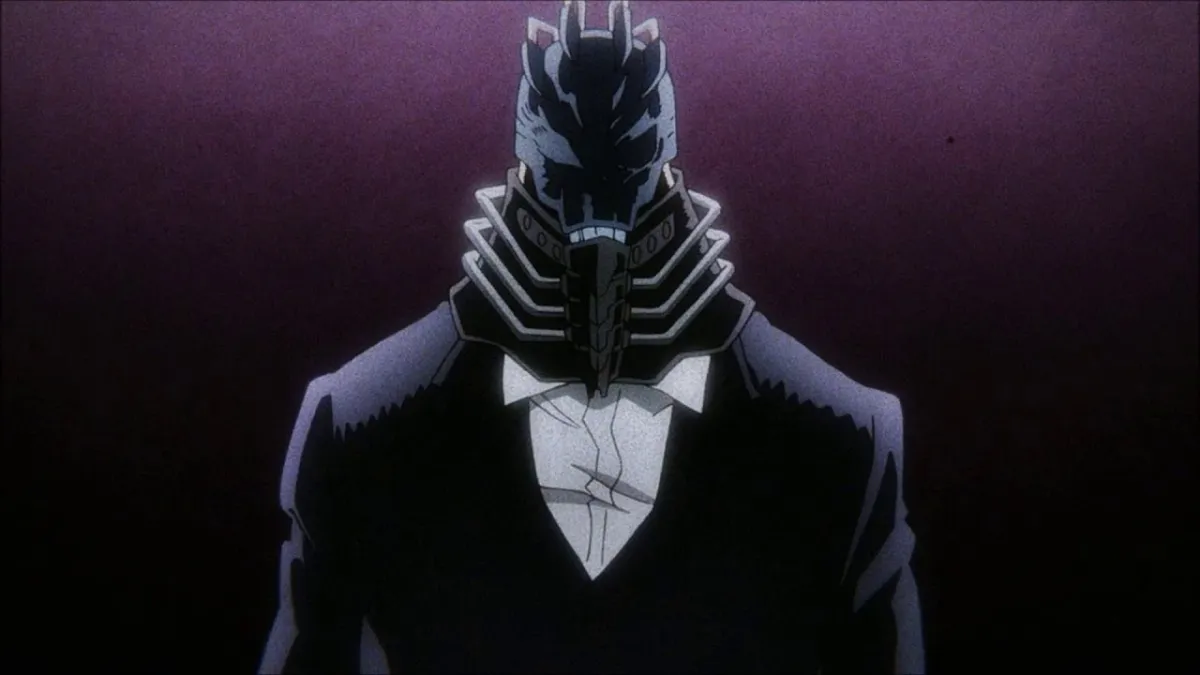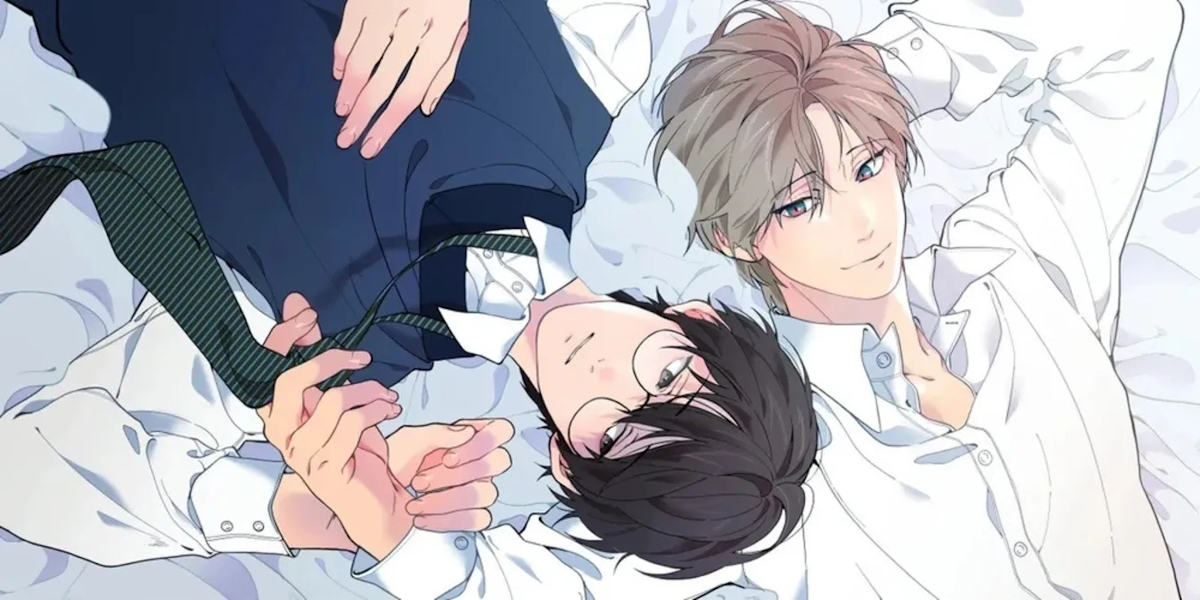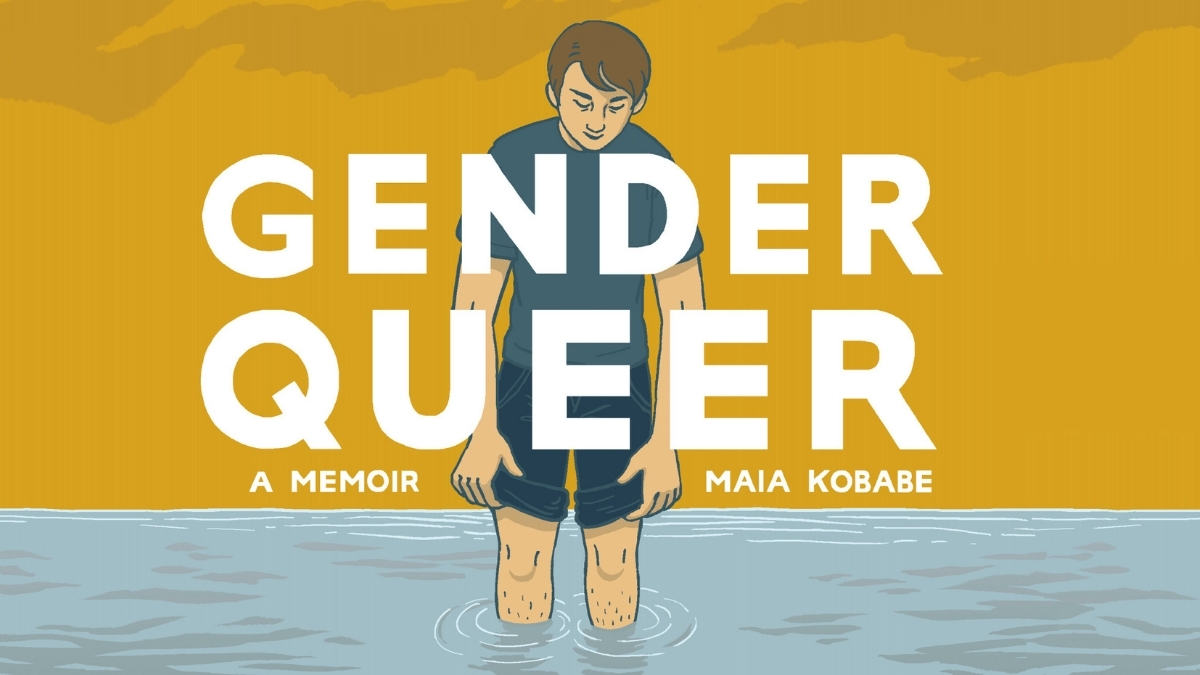I actually really feel for Brian Grasso on an individual level.
The Duke freshman became the center of a minor controversy recently when he and several other incoming students announced on a closed Facebook page for the Class of 2019 that they would be boycotting Alison Bechdel’s graphic novel memoir, Fun Home. The book was chosen as this year’s “Common Experience” reading; incoming freshman are supposed to spend Orientation Week discussing it in groups.
Now, Grasso has written a piece for The Washington Post entitled “I’m a Duke freshman. Here’s why I refused to read Fun Home.”
When I started college, I was similarly conservative and hyper-religious (at least compared to most of the people I was meeting in New York). As such, I was often deeply uncomfortable with some of the media I engaged with as part of a liberal arts curriculum. I literally worried that going to college might damn me for eternity, so I felt marginalized for being a Christian, even though in reality it was obviously the opposite.
Looking back, I know that I was being judged; but by my own religion, rather than students or teachers. As a woman who didn’t really want to wait until marriage for sex, and who was pretty worried about going to Hell for liking girls, I was persecuted by the faith that I thought I was being persecuted for.
This is all to say that I deeply sympathize with where Brian Grasso is coming from (as much as I can for a white, straight, Christian man who’s given access to a platform like The Washington Post. I’m skeptical that a Muslim student sharing the same concerns would be offered that opportunity). He’s also only a teenager; I’m so, so glad nothing I ever wrote at that age was taken as seriously by adults as his opinions on Fun Home have been.
So yes, I empathize with Duke freshmen who are concerned they’ll go to hell for doing their summer reading. Grasso says he plans to avoid art history or any other course that might involve female nudity, and provided the other objecting students have the same plan, I get where they’re coming from (if they don’t, I suspect that more LGBTQ+ prejudice is at play here than is being discussed). Cosmic guilt is a bitch. When you’re religious, everything can feel like a battle for your eternal soul.
What I don’t have sympathy for is adults (like Washington Post editors) who present Duke’s Christian students as a marginalized group, when the real marginalized people are the men and women Fun Home honors—people forced by society to live their entire lives hiding their gender identity or sexuality. White Christian students might think Duke is “extremely liberal,” but Duke is not the world.
Grasso’s editorial begins by lamenting how hard it is to be a religious student at Duke, but I’ve yet to see an article in a major publication pointing out that it’s much harder to be LGBTQ+ (or even just, you know, a woman) in the South. I also suspect many people of color and LGBTQ+ people don’t see the school as being so notoriously liberal.
He goes on to say that it’s the visual nature of Fun Home that makes the book immoral:
After researching the book’s content and reading a portion of it, I chose to opt out of the assignment. My choice had nothing to do with the ideas presented. I’m not opposed to reading memoirs written by LGBTQ individuals or stories containing suicide. I’m not even opposed to reading Freud, Marx or Darwin. I know that I’ll have to grapple with ideas I don’t agree with, even ideas that I find immoral.
But in the Bible, Jesus forbids his followers from exposing themselves to anything pornographic. “But I tell you that anyone who looks at a woman lustfully has already committed adultery with her in his heart,” he says in Matthew 5:28-29. “If your right eye causes you to stumble, gouge it out and throw it away.” This theme is reiterated by Paul who warns, “flee from sexual immorality.”
[…] I assume that having to view graphic images of sex for a class will be rare. If it does happen, I will avoid any titillating content and encourage like-minded students to do the same.
You know what? Fuck the Washington Post for publishing an article that condemns incidental images of nude women as immoral, titillating, or pornographic. That’s the same kind of patriarchal logic that presumes women need to cover up because “boys will be boys.” It’s insulting to both genders.
The images in Fun Home are clearly not designed to titillate; they might be sexual in nature, but they’re there to tell a story (one that, by the end of the book, seems decidedly un-erotic). To check out some of the pictures in question, head over to Daily Dot.
Grasso also says that he believes “professors should warn me about such material, not because I might consider them offensive or discomforting, but because I consider it immoral.” There’s actually specific precedent for what he’s suggesting—earlier this summer, a professor in California was forced to add a warning about LGBTQ+ content in the syllabus after receiving complaints about Fun Home.
I’m mentioning this only because it aligns with recent discussions about trigger warnings, since some have argued that asking for a heads-up about “immoral content” is the same as requesting a TW. But comparing female nudity to the traumatic subject matter TWs are frequently given for (sexual violence, transphobic language, etc.) is misogynistic and one of several ways in which this controversy is skewing an important discussion about diversity.
Throughout the editorial, Grasso consistently mentions “genuine diversity.” After recounting how he’s received messages of support from a Muslim student and a bisexual student, he writes, “This is how diversity is supposed to work. We each shared our perspective and walked away from the conversation with a deeper understanding and compassion for each other.”
He’s right. But in reading his piece, and taking in this controversy, we need to remember that Muslim and bisexual teenagers don’t get op-eds in The Washington Post. White straight male Christians might be outcasts at Duke, and if that’s true, I feel terrible for them. But they’re not a marginalized group. Leave it to the South to try to define “genuine diversity” in those terms.
(image via Shutterstock)
—Please make note of The Mary Sue’s general comment policy.—
Do you follow The Mary Sue on Twitter, Facebook, Tumblr, Pinterest, & Google +?



